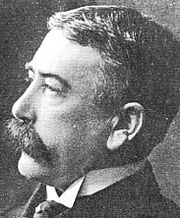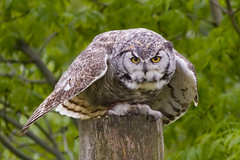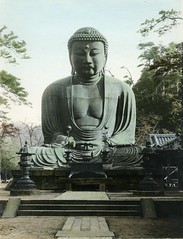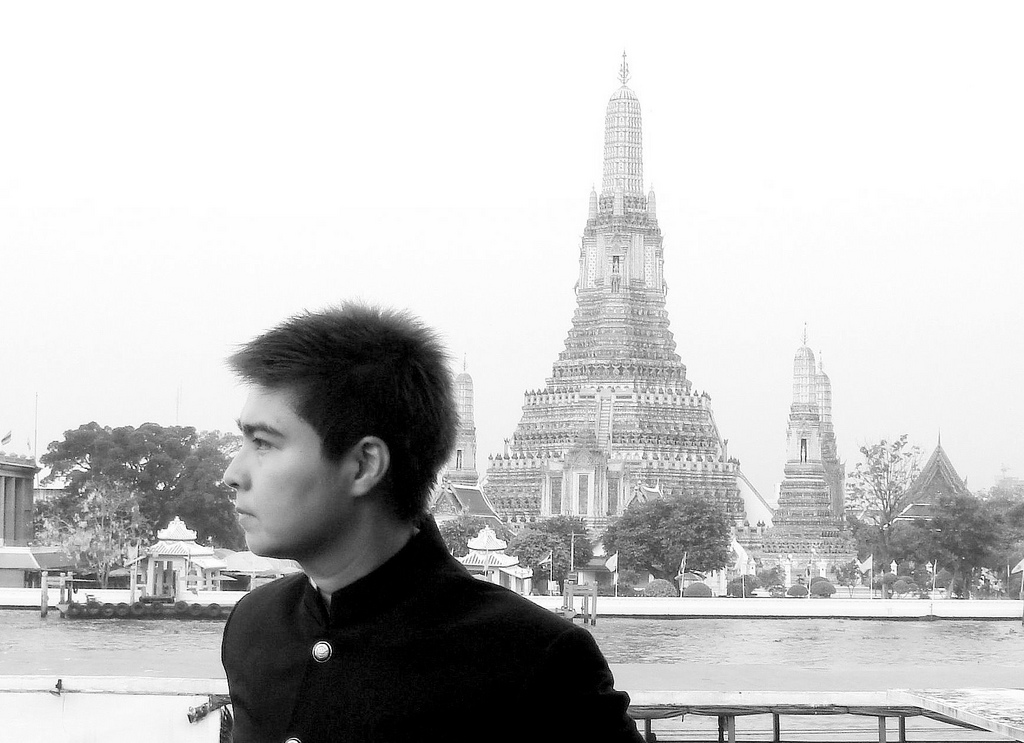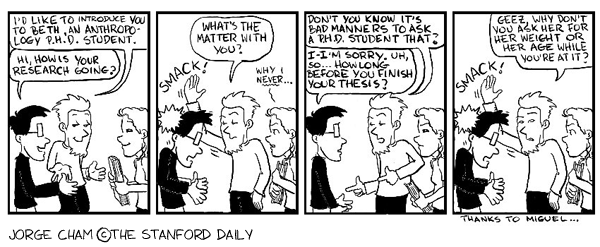Day 43-46: Taking Off
It's more of a relief and the much-needed rejuvenated feeling. My mind feel clearer and sort of more liberated. Perhaps with more inspiration? That's why I feel like I'm taking off like this beautiful crane that looks so divine it's more like a painting than a snapshot of the real thing! It is simply breath-taking, don't you think? It is a photo like this that inspires poems, etc.
And perhaps it is inspiring my dissertation, too, heh-heh! :-P
Well, I went to see Than Wor Vajiramedhi, a highly respected monk, today to give some donation of several things and also to discuss Dhamma and catch up with him in general. I ended up getting more projects from him!
But this doesn't deter my spirit at all. Instead, I feel refreshed and excited, looking forward to the things I would be doing for Buddhism, and hoping that I could carry that momentum into my slow-moving dissertation! heh-heh
I'd better stop now. So many things to do. So little time! Oh, I did make some decent progress on that quali book I like so much. I have made up my mind already that I should finish most of the book before I rewrite Chapter 1 again.
Originally I plan to finish Chapter 1 within next week. But this book is so cool it helps me with the questions that has always bogged me down for 3 years. And that is how to ask a good research questions!
So, I believe that if I spend more time getting the preliminaries right, the rest would follow smoothly. I saw my past struggle as having to rewrite again and again because I couldn't get my thinking and reasoning straight. Something has always been missing. Now I hope this book would be a good step-by-step guide. I'm gonna trust my hunch this time!




